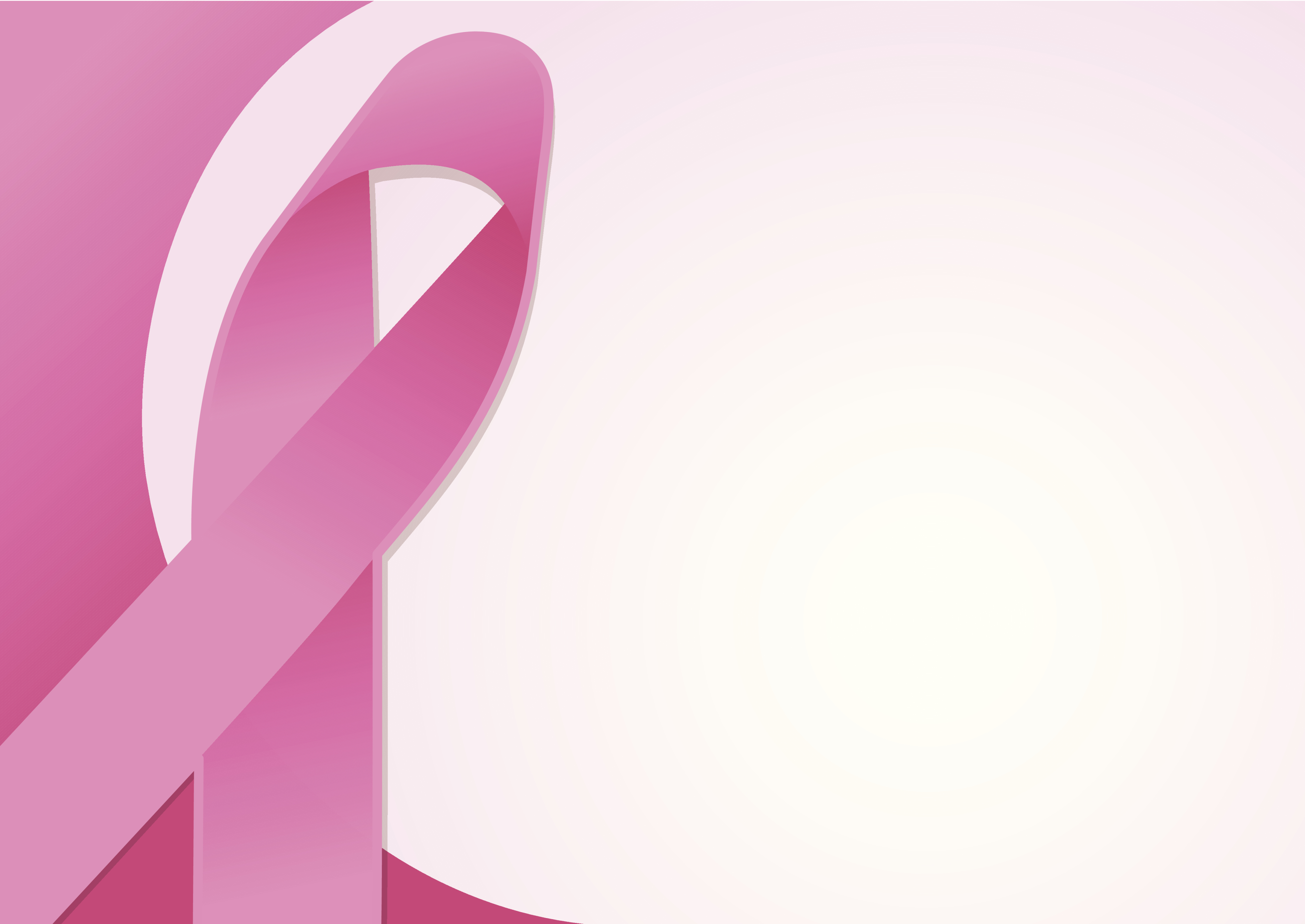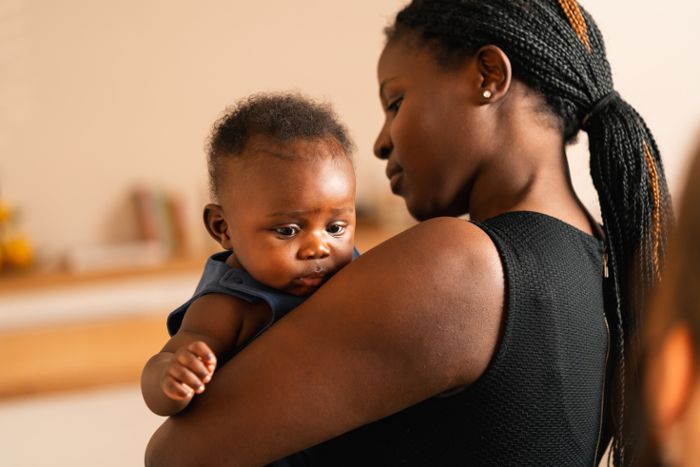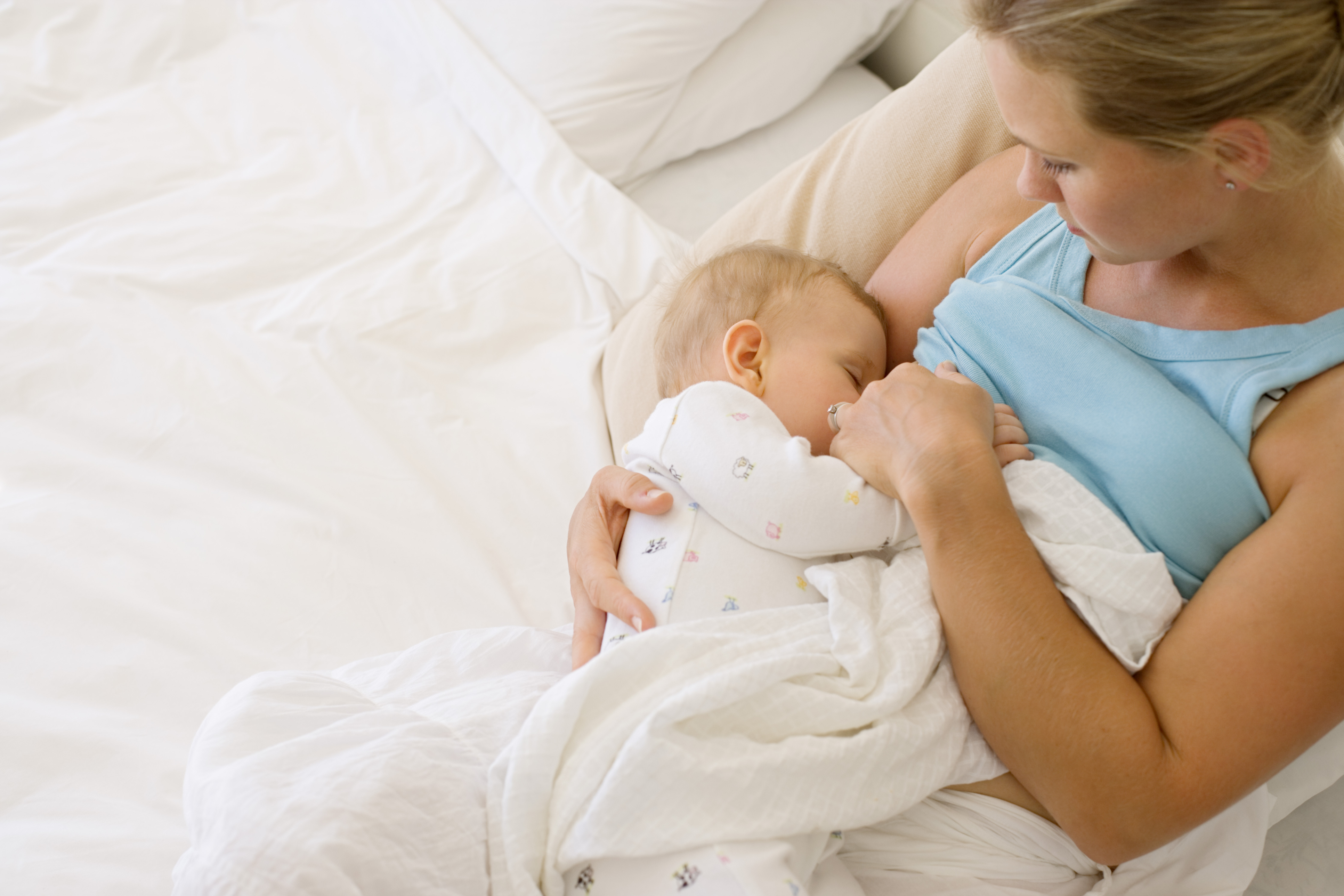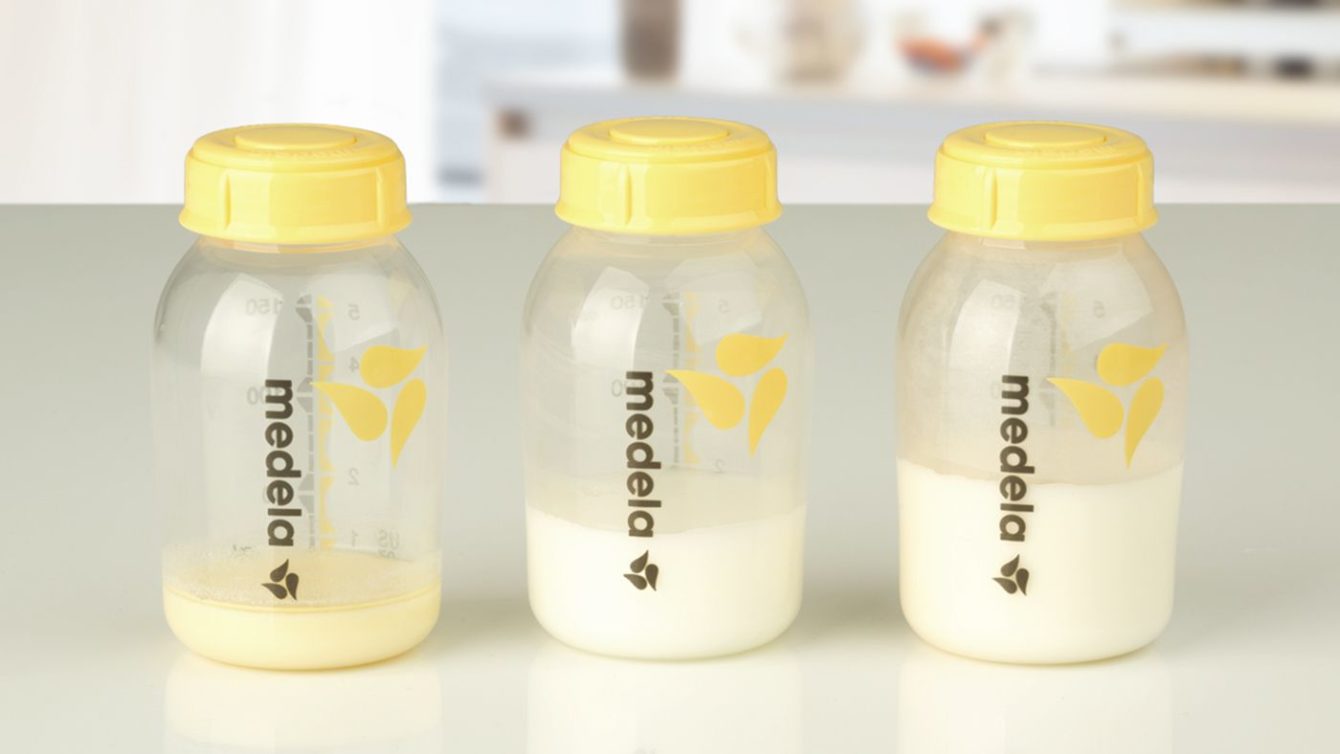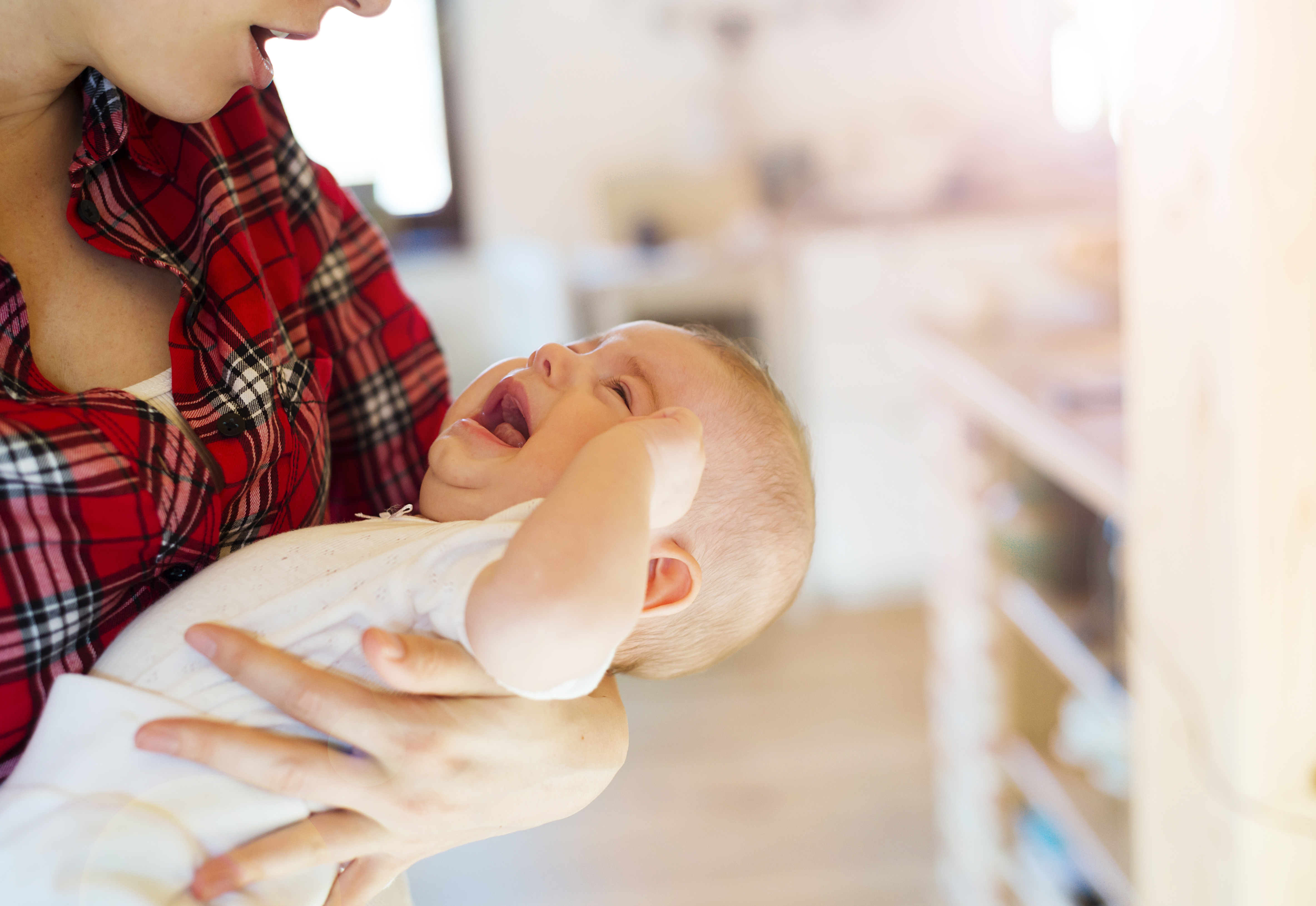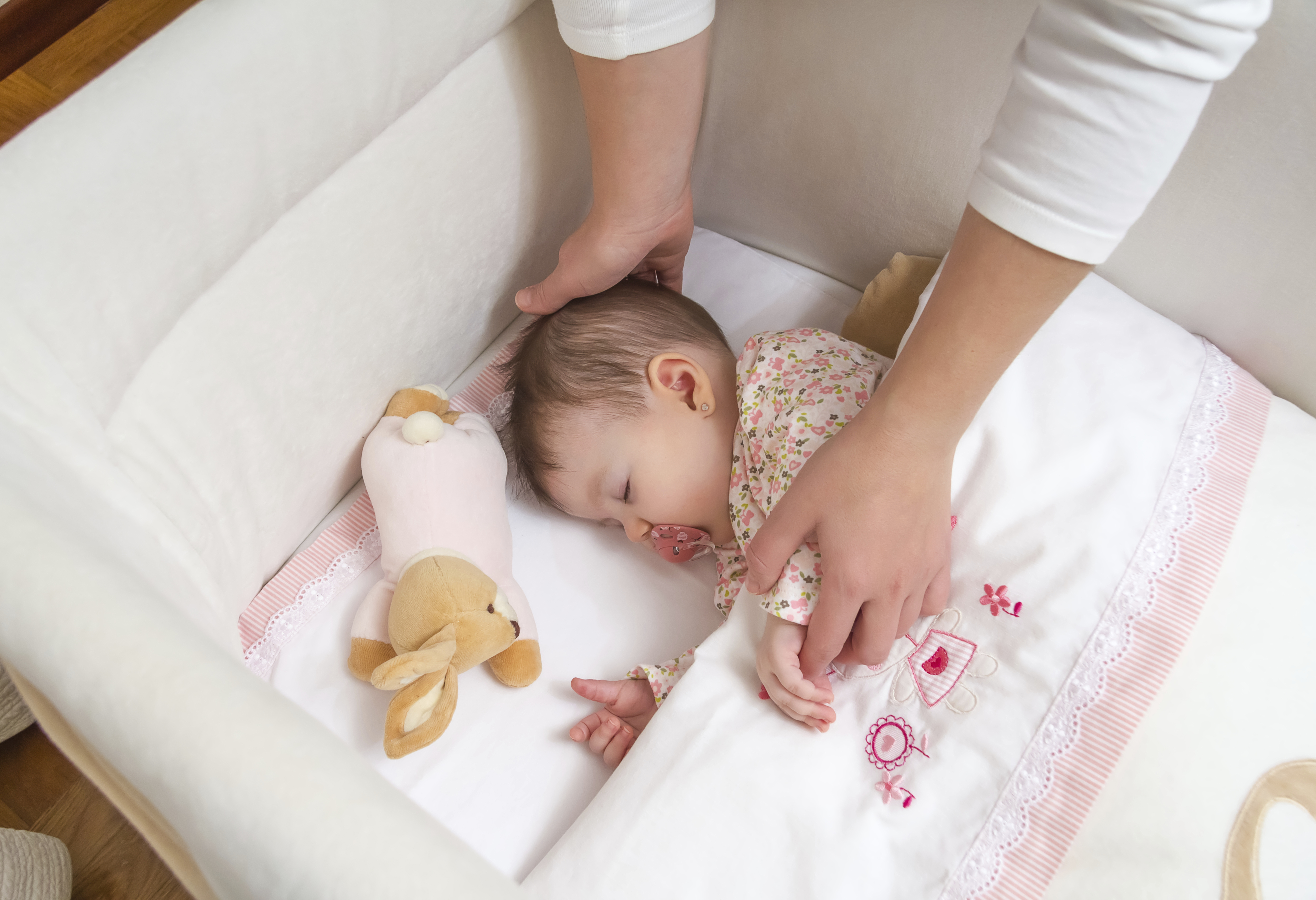The decision to breastfeed is a very personal one. A woman has to balance many different personal considerations, in order to decide what will work best for her. There are well documented health benefits for a baby, and it has also been shown that breastfeeding is good for a mother as well. Now, well documented research indicates that there might be additional benefits for a mother who breastfeeds for longer than a year as relates to the reduction of the occurrence of breast cancer.
What Does the Research Say?
There has been a lot of talk about how breastfeeding might reduce incidents of breast cancer. The most comprehensive research done on this subject was published by a very reputable publication called “The Lancet” in 2002. This study was unique because it was carried out with women living in 30 countries. This was important because the study was able to view different infant feeding practices.
The study included around 50,000 women with breast cancer and almost 97,000 women without it. The research describes the reduction in the risk of breast cancer associated with breastfeeding. It looked at how breast cancer and breastfeeding rates differed around the world and, as mentioned, the research findings provided a very powerful and unique global view. It also looked at women by their age, the age they were when their first child was born, and also included menopausal considerations.
The study reached a very thought provoking conclusion. It said, “The longer women breastfeed the more they are protected against breast cancer. The lack of or short lifetime duration of breastfeeding typical of women in developed countries makes a major contribution to the high incidence of breast cancer in these countries.”
They are basically saying that the fact that women in developed countries tend to breastfeed less, and for shorter durations, might explain the high rate of breast cancer in those countries.
Additional US Research on Breastfeeding and Breast Cancer
There have been many studies focusing on the relation of breastfeeding and breast cancer risk. A USA specific study published in 2009 showed an approximate 25% reduction in breast cancer when breastfeeding was observed. Even more dramatic results were recorded with mothers who had a family history of breast cancer. In those cases, they found that breastfeeding could reduce the incidence of breast cancer by up to 60%.
In terms of the recurrence of breast cancer, another study showed that women who have breast cancer and have ever breastfed have a 30% lower risk of a recurrence of breast cancer and a 28% lower risk of dying from breast cancer compared to women who never breastfed.
Are Developing Countries Doing It Right?
Reducing the number of women developing breast cancer is the goal of both developed and developing countries. The research mentioned above indicates that the overall incidence of breast cancer in developed countries would be significantly reduced if women would breastfeed more often and for a longer period of time and basically follow the practice of breastfeeding that is more prevalent in developing countries. Doctors involved in that research said that breastfeeding could account for almost two-thirds of this estimated reduction in breast cancer incidence.
Why Does Breastfeeding Influence the Occurrence of Breast Cancer?
The study reported in the Lancet also discussed that the cancer risks might be influenced by lower levels of the hormones estrogen and progesterone in the body during breastfeeding. Estrogen and progesterone have been linked to tumors, and breastfeeding acts as a natural contraceptive, lowering hormone levels to the extent that a woman’s menstrual cycle can be halted. The fact that women do not usually ovulate while producing milk is also understood to protect against cancer of the breast and ovaries. Researchers think that the high hormone levels required for lactation might affect cell growth, protecting the breast from changes which increase the risk of breast cancer.
In conclusion, it’s agreed that more research is needed to get a clearer understanding of the relation between breastfeeding and breast cancer. So until then, it is also important to highlight the many other things a mother can do to stay healthy and protect herself from cancer. In an article in the Daily Telegraph, YinkaEbo, who is the Health Information Lead at Breakthrough Breast Cancer, said there were other things a woman could do to protect against breast cancer. She said, “There are many things a woman can do to help reduce her risk of developing the disease. These include maintaining a healthy weight, limiting the amount of alcohol you drink and being regularly physically active.” All good healthy advice for women who choose to breastfeed or not.




